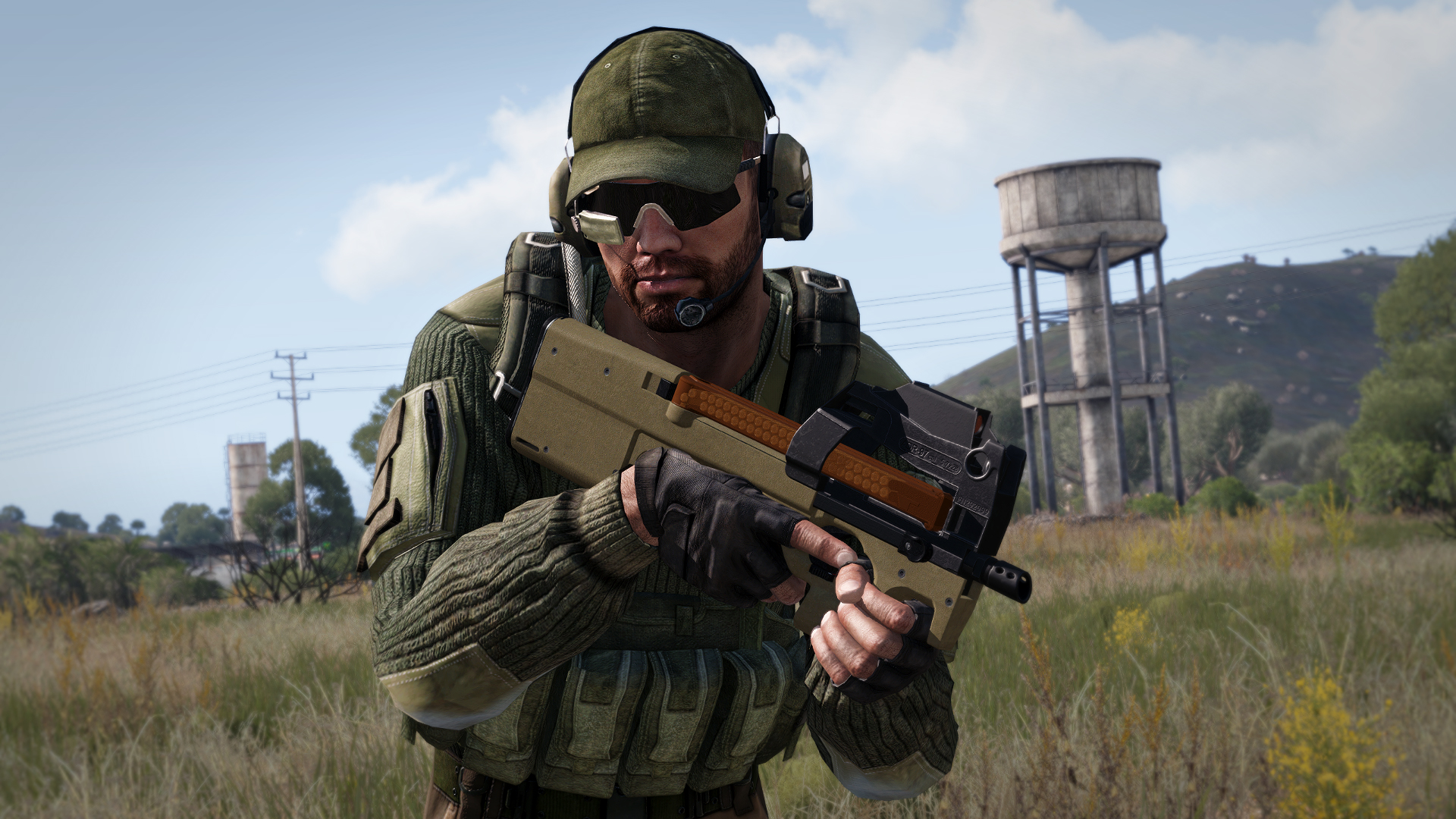
The most damning article, an opinion piece from conservative commentator Craig Berg in Australia’s National Times, asked if the ICRC had “virtually lost the plot.” Several media organizations went so far as to report that the ICRC was looking to prosecute an estimated 600 million gamers for virtual war crimes. His research, delivered as an aside during the 31st International Conference of the Red Cross and Red Crescent in Geneva, Switzerland, led to an avalanche of bad press. He would spend the next two months, sometimes up to six hours a day, cataloging the war crimes perpetrated by military forces in modern video games. Because of that experience, his boss assigned him a new and unusual task. But Rouffaer had played games his entire life, and even ran an internet gaming cafe for a time. At the time, my boss asked me if I knew anything about video games.” “Then, I went back to Geneva, Switzerland.

“I did that for two years,” Rouffaer said. His students were soldiers, and the curriculum included education on the Geneva Convention and other international treaties that define war crimes such as summary execution, the unfair treatment of prisoners and the destruction of civilian targets in a warzone. His time as a liaison was spent mostly with young militaries, in countries who were rebuilding their armed forces or standing them up for the first time. And, of course, civilians as well.” International Red Crescent workers assisting communities in Rakhine, Myanmar. One of our core mandates is to help wounded soldiers and sick soldiers, soldiers who are out of combat or taken prisoner. We just try to assist people as much as we can, and not only the civilians. People are fighting, and this is human nature. “The ICRC doesn’t care about the reasons people are fighting. “This is our mandate,” Rouffaer told Polygon. He traveled to war zones around the world, embedding himself with young armies and teaching them about the laws of war.

Because of his military experience, he was eventually assigned as an armed forces liaison. As a former Swiss artillery officer, he spent much of his early humanitarian career working on the ground in places like Afghanistan, South Sudan, Darfur, Syria, Yemen and Ivory Coast. The story begins in 2010 with a research project that spun slightly out of control.Īt the time, Christian Rouffaer had been working for the ICRC for nearly 10 years. It actually struck the International Committee of the Red Cross (ICRC), one of the oldest and most respected humanitarian organizations in the world.

If not for a major PR disaster, Arma 3’s latest game add-on, called Laws of War, might not exist.īut that disaster didn’t happen to the game’s developers, Bohemia Interactive.


 0 kommentar(er)
0 kommentar(er)
